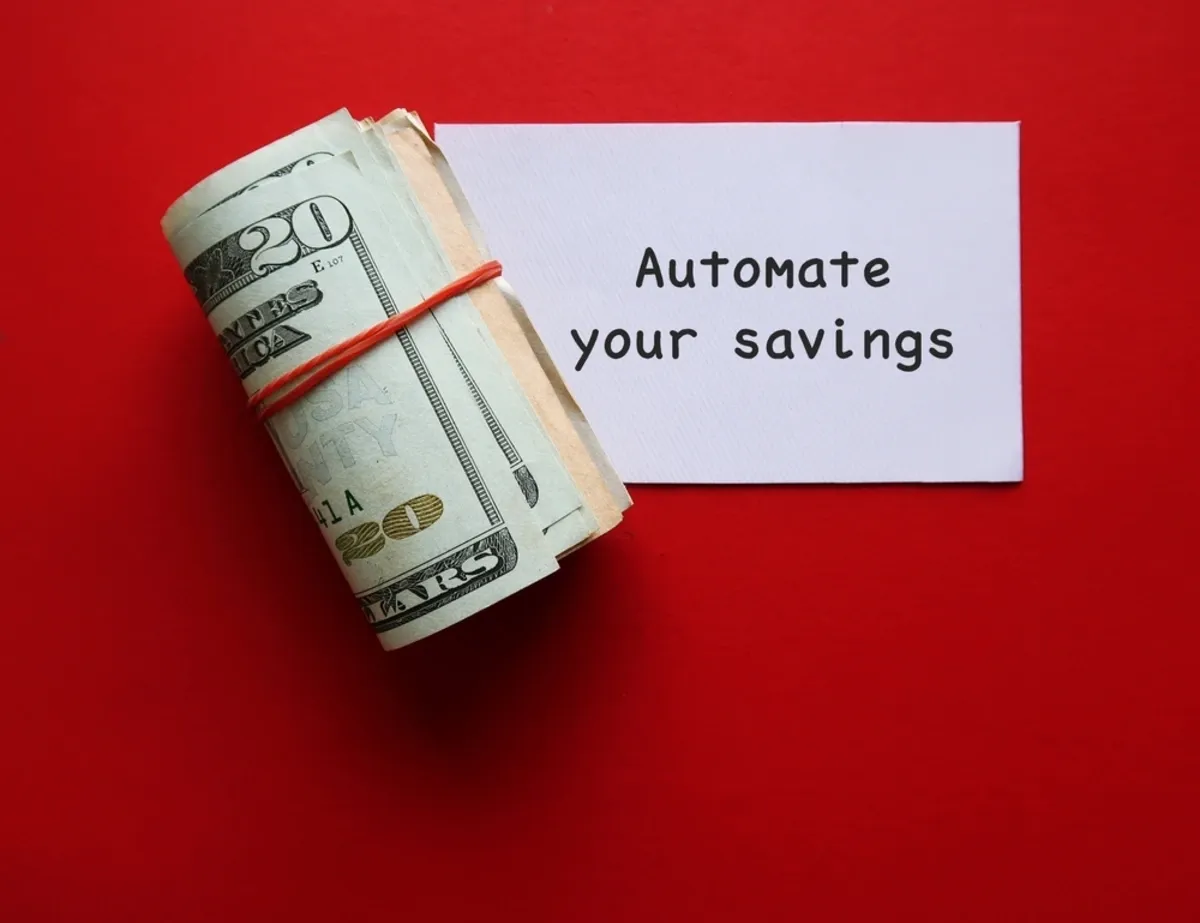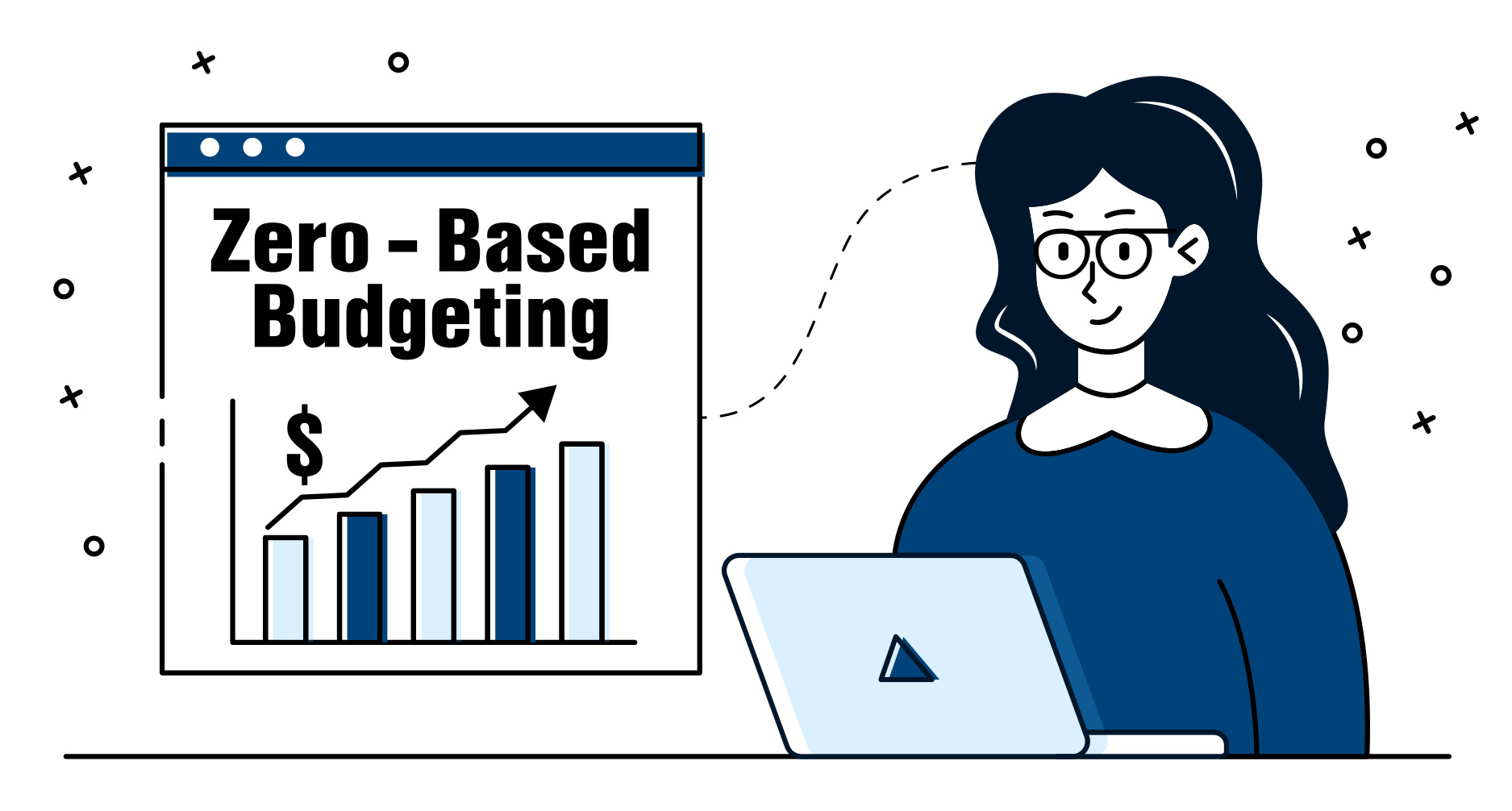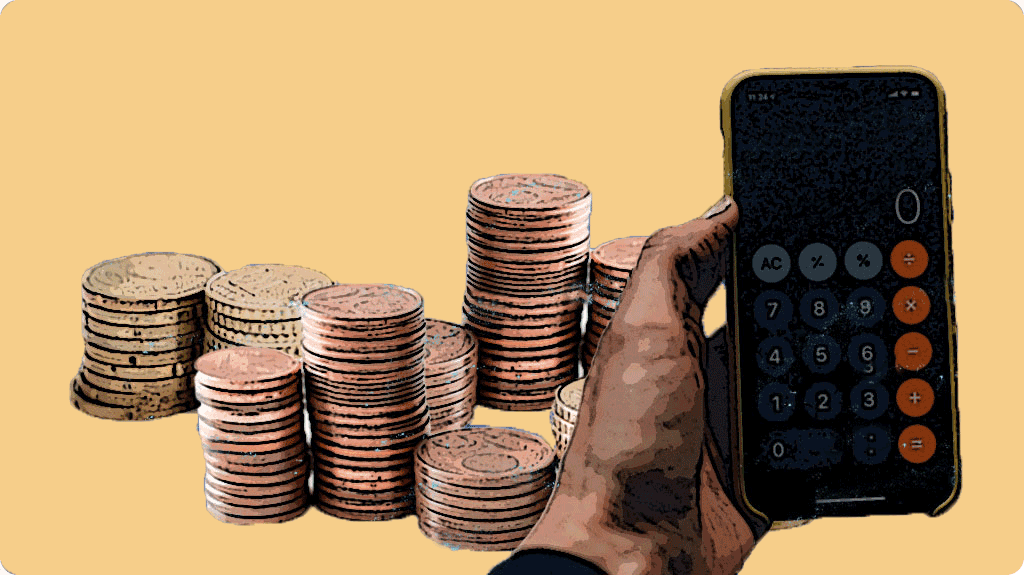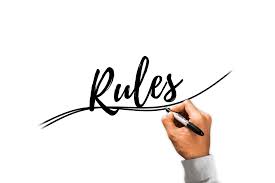💡 Introduction: Why You’re Still Struggling Financially
Do you ever feel like your paycheck disappears the moment it arrives? You promise to save more, but somehow your balance keeps dropping. The truth is it’s not your income that’s the problem, it’s your spending habits.
Even the best salary can’t outpace bad money behaviors. Small daily decisions like frequent takeout, impulsive shopping, or “treating yourself” too often silently sabotage your financial future.
In this post, we’ll expose the 7 spending habits that keep you broke and teach you how to break them, one smart move at a time.
🧠 1. Ignoring Your Budget
One of the fastest ways to lose control of your money is not knowing where it goes.
Without a clear budget plan, you end up reacting instead of planning. A budget isn’t about restriction — it’s about awareness.
Why It Keeps You Broke:
- You spend emotionally, not strategically.
- You underestimate small recurring expenses.
- You fail to allocate money toward savings or debt.
How to Fix It:
Use a Zero-Based Budget where every dollar is assigned a purpose. (👉 Read our full Zero-Based Budget Guide for a simple start.)
🛍️ 2. Impulse Buying and Emotional Spending
We’ve all done it — spotted something on sale, convinced ourselves it’s a “deal,” and hit buy. But impulsive purchases pile up quickly.
Why It Keeps You Broke:
- You spend for short-term happiness.
- Credit cards make it too easy to overspend.
- You often regret purchases later.
How to Fix It:
Try the 48-Hour Rule: when you want to buy something unplanned, wait two days. If you still want it after 48 hours, it’s probably worth it.
Also, unfollow online stores that constantly tempt you.
🍽️ 3. Dining Out Too Often
Eating out is convenient — but it’s also one of the most expensive everyday habits. A $15 lunch every weekday adds up to over $3,000 a year.
| Scenario | Cost per Week | Cost per Year |
|---|---|---|
| Eating out 4x/week | $60 | $3,120 |
| Meal prepping 4x/week | $20 | $1,040 |
| Annual Savings | — | $2,080 |
Why It Keeps You Broke:
- You trade time convenience for financial stability.
- Hidden costs (delivery fees, tips, taxes) drain your wallet.
How to Fix It:
Plan easy, quick meals for weekdays. Start small — cook three nights a week and work your way up.
💳 4. Relying on Credit Cards for Lifestyle Upgrades
Using credit cards isn’t bad — but using them to fund a lifestyle you can’t afford is dangerous. Many people pay for convenience today and worry about interest later.
Why It Keeps You Broke:
- You end up in a debt cycle of minimum payments.
- High-interest rates cancel out any rewards.
- Your future income is already “spent.”
How to Fix It:
Pay your balance in full each month. If that’s not possible, stop using the card temporarily.
Consider a debt snowball or avalanche method to pay off balances strategically.
🎁 5. Trying to Impress Others
This one’s subtle — but deadly. Many people overspend to maintain an image: designer clothes, the latest phone, or weekend getaways. It’s financial comparison disguised as “self-expression.”
Why It Keeps You Broke:
- You prioritize appearances over actual wealth.
- You make emotional purchases to seek validation.
How to Fix It:
Focus on your own goals, not others’ highlight reels. Real financial freedom feels better than fake luxury.
Remember: rich people buy assets, not applause.
🧴 6. Subscriptions You Don’t Use
Netflix, Spotify, gym, premium apps, online courses — they all seem cheap individually, but together they’re a silent wallet drain.
Why It Keeps You Broke:
- You forget what you’ve subscribed to.
- Auto-renewals charge you monthly without notice.
How to Fix It:
Audit all subscriptions quarterly. Cancel anything you haven’t used in the last 30 days.
💡 Tip: Use tools like Trim or Truebill to identify recurring charges automatically.
🕰️ 7. Procrastinating on Financial Planning
Many people delay financial planning because “I’ll start next month.” The problem? Next month never comes.
Why It Keeps You Broke:
- You miss out on compound interest.
- Emergencies hit harder when you’re unprepared.
- You make reactive, not strategic, money decisions.
How to Fix It:
Start small — create an emergency fund, automate savings, and set a monthly financial check-in. Even $100 saved consistently builds long-term wealth.
💥 The Cumulative Impact: How These Habits Compound
Each of these habits alone might not seem huge, but together, they create a financial snowball in reverse — rolling you deeper into stress and debt.
| Habit | Annual Cost Impact (Approx.) |
|---|---|
| Ignoring your budget | $1,500+ in wasted funds |
| Impulse buying | $2,000+ |
| Eating out | $2,000+ |
| Credit interest | $800+ |
| Lifestyle upgrades | $1,200+ |
| Unused subscriptions | $400+ |
| Delayed saving | $1,000+ in lost interest |
| Total | $8,900+ annually! |
That’s almost $9,000 a year — money that could have funded your savings, investments, or dream trip.
🌱 How to Build Better Money Habits
- Create Awareness: Track every expense for 30 days.
- Use the 50/30/20 Rule:
- 50% needs
- 30% wants
- 20% savings/debt repayment
- Automate Good Habits: Set auto-transfers to savings or investment accounts.
- Review Monthly: Adjust categories, not goals.
- Reward Yourself (Smartly): Celebrate milestones without overspending.
💬 Financial success isn’t about perfection — it’s about consistency.
🔧 Tools That Help You Fix Spending Habits
| Purpose | Tool | How It Helps |
|---|---|---|
| Budget tracking | YNAB / EveryDollar | Real-time visibility of spending |
| Subscription monitoring | Trim / Truebill | Finds and cancels wasteful subscriptions |
| Expense insights | Mint | Visual analytics on spending categories |
| Habit formation | Notion / Google Sheets | Custom habit tracking templates |
| Automation | EliteEraTrends AI Finance Tools | Smart budgeting and savings automation |
🧩 The Psychology Behind Bad Spending
Understanding why you spend is as important as tracking what you spend.
- Emotional triggers: Shopping as stress relief.
- Social pressure: Comparing lifestyles on social media.
- Cognitive bias: Underestimating small purchases.
Once you identify your triggers, you can build financial discipline with mindfulness and routine.
💬 Real-Life Turnaround Example
Ali used to spend without tracking — daily takeouts, random gadgets, and unused subscriptions. Within 6 months of applying a Zero-Based Budget and tracking habits, he:
✅ Paid off $2,000 in debt
✅ Built a $1,200 emergency fund
✅ Saved 15% of income monthly
Small changes = huge results.
❓ FAQ: Breaking Bad Spending Habits
1. How long does it take to fix bad spending habits?
Usually 30–90 days of consistent budgeting and awareness can shift your money mindset.
2. Should I stop all “fun spending”?
No — just plan it. Set a monthly allowance for entertainment to avoid guilt or overspending.
3. How can I stop emotional spending?
Identify triggers, set spending limits, and use a waiting period before purchases.
4. What’s the best app to track spending?
YNAB, Mint, and EveryDollar are great for beginners. Choose one that fits your style.
5. Can small changes really make a big difference?
Absolutely! Even saving $10 daily adds up to over $3,000 per year.
✨ Final Thoughts
Financial freedom doesn’t come from earning more — it comes from spending smarter.
By identifying and breaking these 7 spending habits that keep you broke, you’ll regain control over your money, reduce stress, and start building wealth intentionally.
It’s not about depriving yourself — it’s about designing a financial future that supports your goals, not drains them.
💡 Try our AI Automation agency here to make your company grow!
👉 💡 Try our AI Automation agency here to make your company grow!













Leave a Reply